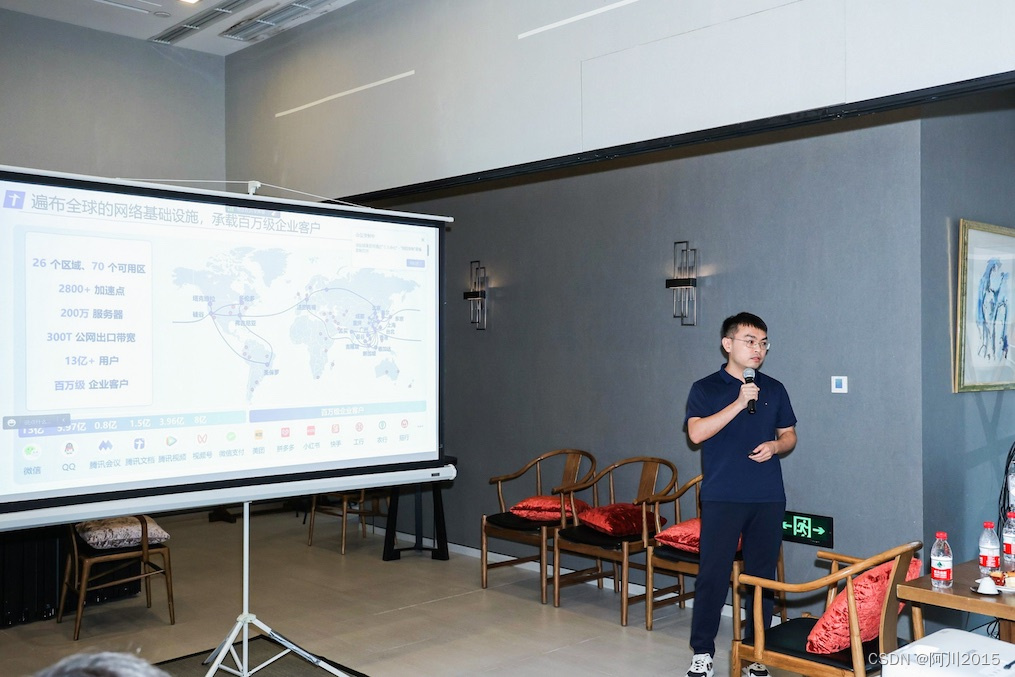
On August 11, Tencent Cloud announced a major upgrade of its VPC (Virtual Private Cloud, cloud private network) architecture. The new architecture uses a number of Tencent's core self-developed technologies to support users in building an ultra-large-scale single VPC network with the industry's largest 3 million nodes, and improve forwarding performance to the industry-leading 200Gbps. At the same time, Tencent Cloud VPC is also the first in the industry to realize millisecond-level network fault sensing and has rapid self-healing capabilities.
VPC is a user's own network space on the cloud. In this private environment, users can freely manage and configure the network, including IP addresses, routing rules, etc. Currently, VPC is widely used in scenarios such as building high-traffic video, live broadcast services, IoT services, game acceleration services, and hybrid cloud construction.
Currently, as the "cloudization" process of enterprises accelerates and deepens, scenarios such as comprehensive cloud native, cloud-edge integration, and high-performance computing have put forward more stringent requirements for the scale, performance, and stability of VPCs.
Tencent Cloud's newly upgraded VPC architecture effectively solves these challenges by applying a number of self-developed technologies such as HARP network transmission protocol, Yinshan DPU system and software-defined routing access system.
Among them, Tencent Cloud's self-developed software-defined routing access system innovatively uses "controller delivery technology for hot and cold data separation" to support users in building the industry's largest 3 million node single node while ensuring overall performance. VPC greatly reduces the complexity of multi-VPC management and operation and maintenance. It is worth mentioning that this set of core technologies has won the Top Ten Future Leading Scientific and Technological Innovation Achievement Awards in the field of communications in China.
Through self-developed high-performance DPU chips and software-hardware collaboration architecture, Tencent Cloud achieves network forwarding of 50 million pps packet rate, 200Gbps bandwidth, and low-latency forwarding of less than 10 microseconds under session specifications of over 10 million levels, with industry-leading performance lead.
In addition, Tencent Cloud's self-developed network protocol HARP uses multi-path adaptive transmission strategies and self-developed congestion control algorithms to detect physical network faults and congestion in milliseconds and automatically block abnormal paths. Even in extreme scenarios such as abnormal switch downtime and optical fiber being dug out, Tencent Cloud VPC can intelligently schedule and process cloud network traffic to ensure that user services are not affected and achieve higher availability of virtual networks than physical networks.
Chen Kang, deputy general manager of Tencent Cloud Network Product Center, said that the continuous breakthroughs in self-developed core technologies are rapidly driving the comprehensive upgrade of Tencent Cloud's VPC service capabilities. The new generation of VPC will provide a strong boost to the business expansion of enterprise customers.
Data shows that Tencent Cloud VPC has evolved through several generations since its birth and currently serves millions of enterprise customers.